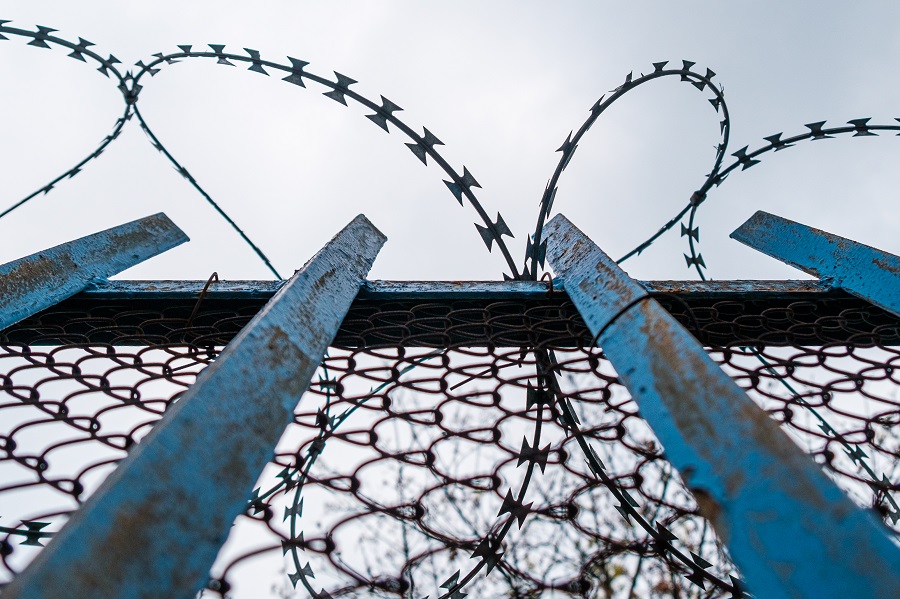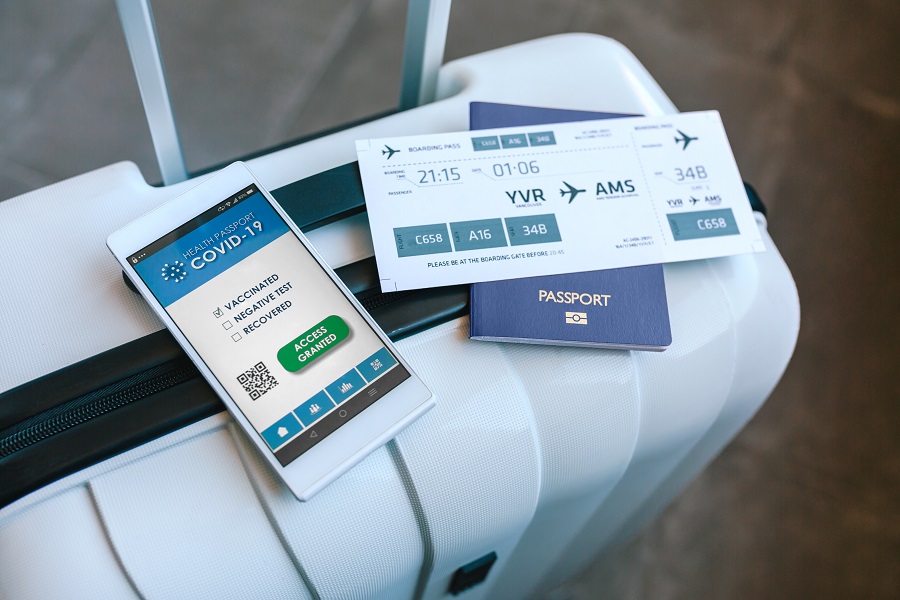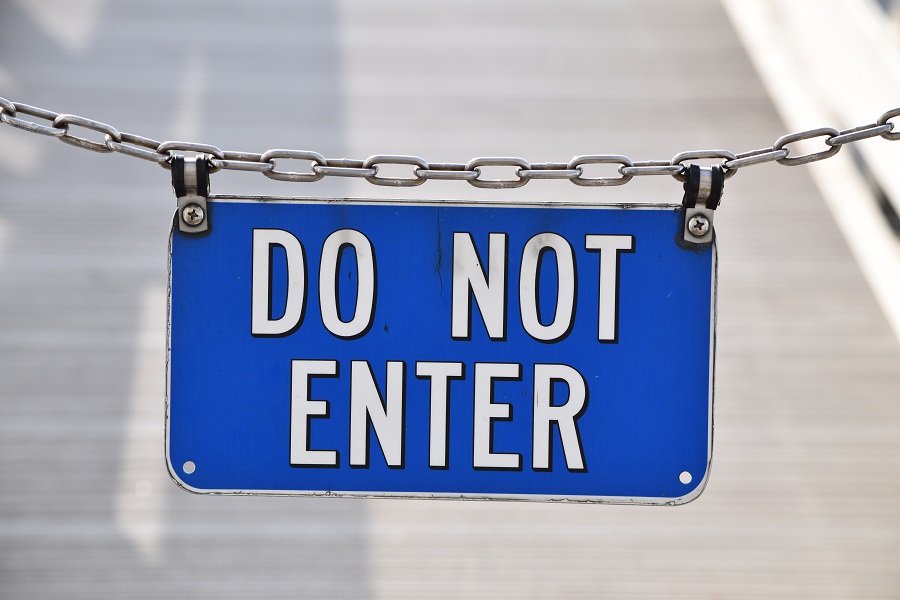Thousands of Afghans in Limbo
Is the Canadian government failing to keep its promise?
As hundreds of privately sponsored refugees touch down in Canada, thousands more remain in a state of uncertainty.
Fida Hussein, a former interpreter for the Canadian military and its allies, has been trapped in an Islamabad hotel room with his family for over two months. They fled Afghanistan to avoid the Taliban and have been anxiously awaiting their planned evacuation date. But, just three days before they were to leave, the family was informed that there was a mistake, and their file was under review.
Unfortunately, Hussein is not the only one. Other former translators, many of whom scattered across the Middle East and Europe, have encountered similar obstacles.
In an interview with CTV News, former political staffer Robert St-Aubin stated that there had been little-to-no communication between the government and the Afghan translators about their files, processing status, or when they can expect to evacuate.
Many Canadians, including veterans who have served with the translators, are frustrated by the government’s lack of concrete action. A recent poll conducted by Nanos Research shows that at least 91% of Canadians support helping evacuate Afghan refugees, yet 44% believe Canada has done a very poor job.
Since the Taliban’s take over in August, Canada pledged to take in 40,000 Afghan refugees. As of November 30, that number was only 4,000.
New Canadian travel and border measures in effect
Everyone has to be fully vaccinated
Last month, Canada announced the decision to mandate vaccines starting on November 30. Although roadways are not included in this requirement, the new rules apply to trains, airports, and cruise ships. All individuals entering Canada who are aged 12 and older will now have to be fully vaccinated, regardless of their immigration status or purpose of entering the country.
As it stands, only a small number of travellers are exempt from this - such as people who cannot be vaccinated for medical reasons. Those who are not vaccinated, but have entered the country before October 30, will be able to leave Canada by air until February 28 without showing proof of vaccination. They will, however, have to show a negative molecular COVID-19 test.
Another exemption applies to fully vaccinated Canadian citizens, permanent residents, and persons registered under the Indian Act. Travellers leaving the country and returning within 72 hours will not have to show a molecular test. Instead, they will only have to provide proof of vaccination. However, individuals who will be out of the country for more than 72 hours will have to show their negative COVID-19 test. Currently, Canada doesn't accept antigen, or rapid, tests.
Starting November 30, the list of accepted vaccines is broader. To be considered fully immunized against COVID-19, a person must receive the full recommended dose of an approved vaccine, at least 14 days prior to their arrival. The list of approved vaccines include:
- Sinopharm
- Sinovac
- COVAXIN
- Pfizer-BioNTech
- Moderna
- AstraZeneca
- Janssen/Johnson & Johnson
A traveller's proof of vaccination must be in English or French. If it is not in one of Canada’s official languages, the traveller has to submit a certified translation of the document. They must also submit all the required information, such as proof of immunization and a quarantine plan, using the ArriveCAN app.
Until January 15, any travellers - including international students, work permit holders, and anyone coming to reunite with their families - will be able to get in the country by providing a negative COVID-19 test and undergoing a 14-day quarantine. Afterwards, Canada will no longer allow non-fully vaccinated travellers to enter the country.
Canada refusing more Study Permits than ever
Is Computer Software at fault?
Since March 2018, Immigration, Refugees and Citizenship Canada has been using a tool called ‘Chinook’ to process applications. By 2020, the refusal rate was 53 per cent, even though there was a drop in application rates during the pandemic. It has recently come to light that the use of this software was not disclosed to applicants.
The use of this tool has become public during recent court proceedings, particularly in the Abigail Ocran case - a woman from Ghana who was refused a study permit. When she received her refusal letter, she noticed something odd in the response - two contradictory reasons and language that seemed inhuman. After Ocran decided to challenge her refusal in court, the government disclosed their use of the program. According to testimony in court, Chinook was created as a way around the “significant delays” IRCC officers face when using the federal department’s official secure web portal.
Unfortunately, Ocran is not alone. Many lawyers say that they have noticed an increase of similar cases - permits refused without a valid reason and mistakes a human would have caught if they had read the application thoroughly.
How does it work?
An applicant's information is extracted into a spreadsheet with information such as name, age, the purpose of travel and previous travel history. Each spreadsheet is assigned to an officer and allows them to use "batch processes". After an application is evaluated, the officer is offered a window to record the decision by clicking on the decision column. In case of denial, they can also choose to be given a note with a reason for denial.
Andie Daponte, IRCC’s director of international-network optimization and modernization, said Chinook collects immigration files and allows officers to “flag” what they consider high- or low-risk immigration applications. Because Chinook's use is optional, he could not confirm how many IRCC officers were using it, or which version. According to The Logic, Daponte also said that the use of the tool increased the processing volume by as much as 35%. However, the question is - does a higher volume of processing applications mean reading fewer applicants' files?
After further investigation, it seems that the officers that use the tool, do not save its reports. Instead, they copy-paste the reasons or risk indicators and flag words into the Global Case Management System- Immigration Canada’s internal processing system- and use the language the tool suggests to them.
As of now, the IRCC has not disclosed what criteria Chinook uses to suggest language for refusal letters and we are yet to find out if it's more important to process the applications in time, or appropriately.
Canada facing huge backlog with processing applications from Immigrants
Labour shortage not helping Canada's recovery from COVID-19
A recent CIC News report showed that Immigration, Refugees and Citizenship Canada is facing a backlog of almost 1.8 million immigration applications. As of October 27, this number included more than 500,000 permanent residence applications; 776,000 temporary residence applications; and more than 460,000 citizenship applications.
An IRCC spokesperson stated that the "ongoing international travel restrictions, border restrictions, limited operational capacity overseas and the inability on the part of clients to obtain documentation due to the effects of COVID-19 have created barriers within the processing continuum. This hinders IRCC’s ability to finalize applications, creating delays that are outside IRCC’s control.”
Not only is this situation frustrating for the people waiting for their applications to be processed, but it is also creating a ripple effect that can be seen across Canada's economy. As a country that is reliant on immigrant work, Canada is facing a labour shortage while attempting to recuperate from the pandemic.
Not only are immigrants bringing desirable skills and willing to work, but they are also rejuvenating the Canadian workforce. As it stands, 60 per cent of Canada's immigrants are between 20 and 39 years old. However, IRCC is failing to keep up with demand. Since January 2021, there have been 337,000 permanent residence applications and 134,000 Canadian citizenship applications processed. Although the IRCC is trying to process applications quickly, it is unlikely that more than 401,000 individuals will receive permanent resident status by the end of the year.
To help speed up the process, IRCC recently announced that they will be accepting online applications to request proof of citizenship and search of citizenship records. This system will enable applicants to request replacement citizenship proof that does not require changes to the information on the certificate, submitting claims for proof of citizenship by descent, or requesting a search of citizenship records.
Afghans Protesting in Indonesia
"Our families are in danger. Please act now"
Hundreds of Afghan refugees and asylum seekers, mostly women and children, have been seen protesting this Monday in front of the U.N. refugee agency office in Jakarta. They were hoping to speed up the resettlement process, which, for some of them, has been ongoing for the last eight years. Banners reading “Our families are in danger. Please act now” and “Resettle refugees and save lives” could be seen in front of the United Nations High Commissioner for Refugees.
Many asylum seekers have fled to Indonesia hoping to reach Australia from there - but since 2013, the Australian government has often sent them back. Indonesia, however, has never signed the U.N. Refugee Convention, so the government cannot offer asylum seekers any work rights and serves only as a transit country.
One of the protesters. Bibi Rahima Farhangdost, who used to be a teacher in Afghanistan, said that - after the Taliban ordered she was not allowed work outside of her house anymore - she left her job there and arrived in Indonesia in 2014. She received a refugee card from UNHCR in 2016, but - no further action was taken to help with her resettlement.
“I only stay home as I cannot work here. I feel disappointed. Eight years is a very long time,” she said.
This was the third rally the Afghans had there, the last one being in August when things had turned violent after authorities forcefully dispersed the crowd. Protesters said that the reason for them holding another rally on Monday was the unfulfilled promise they were given in August.
“We will continue this peaceful demonstration until we have a response from the UNHCR and a real solution instead of just promises,” said Bibi Rahima Farhangdos.





